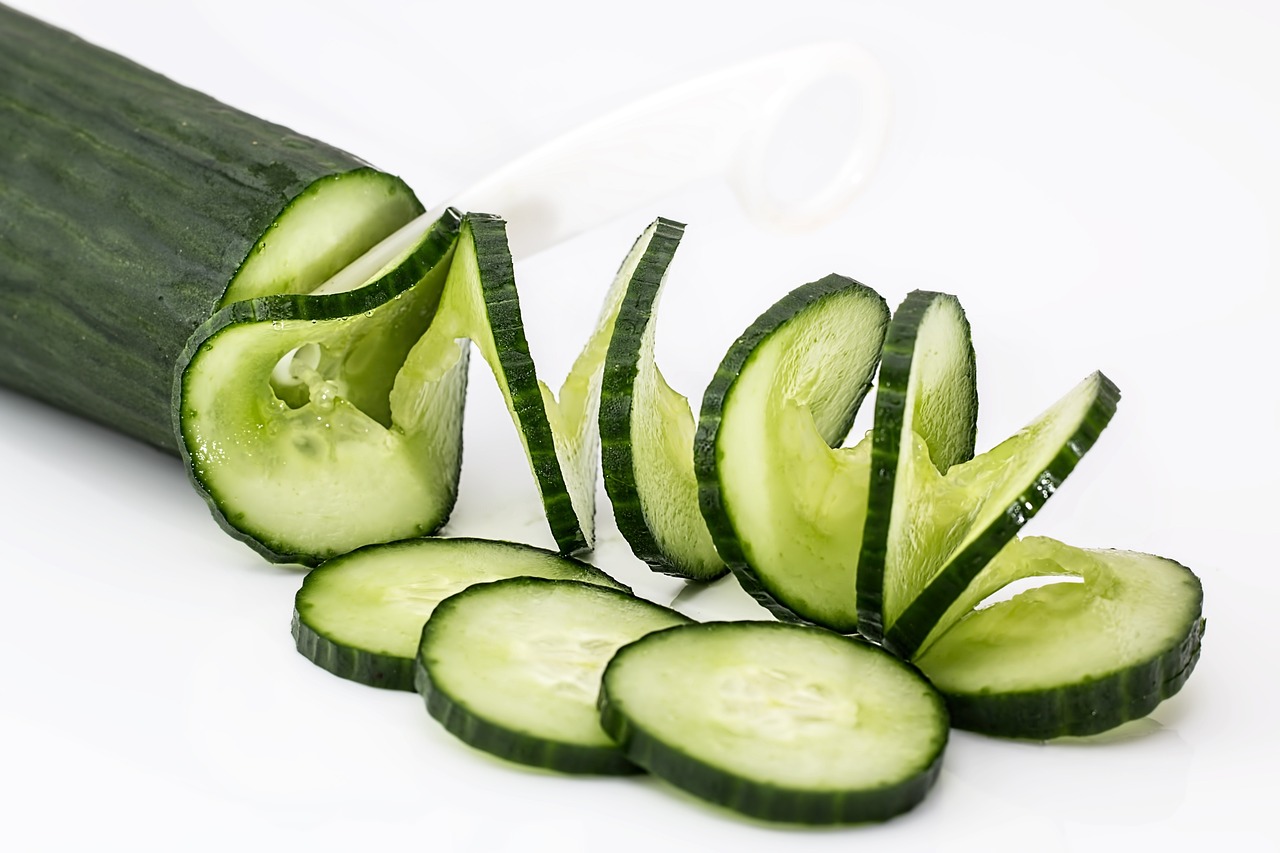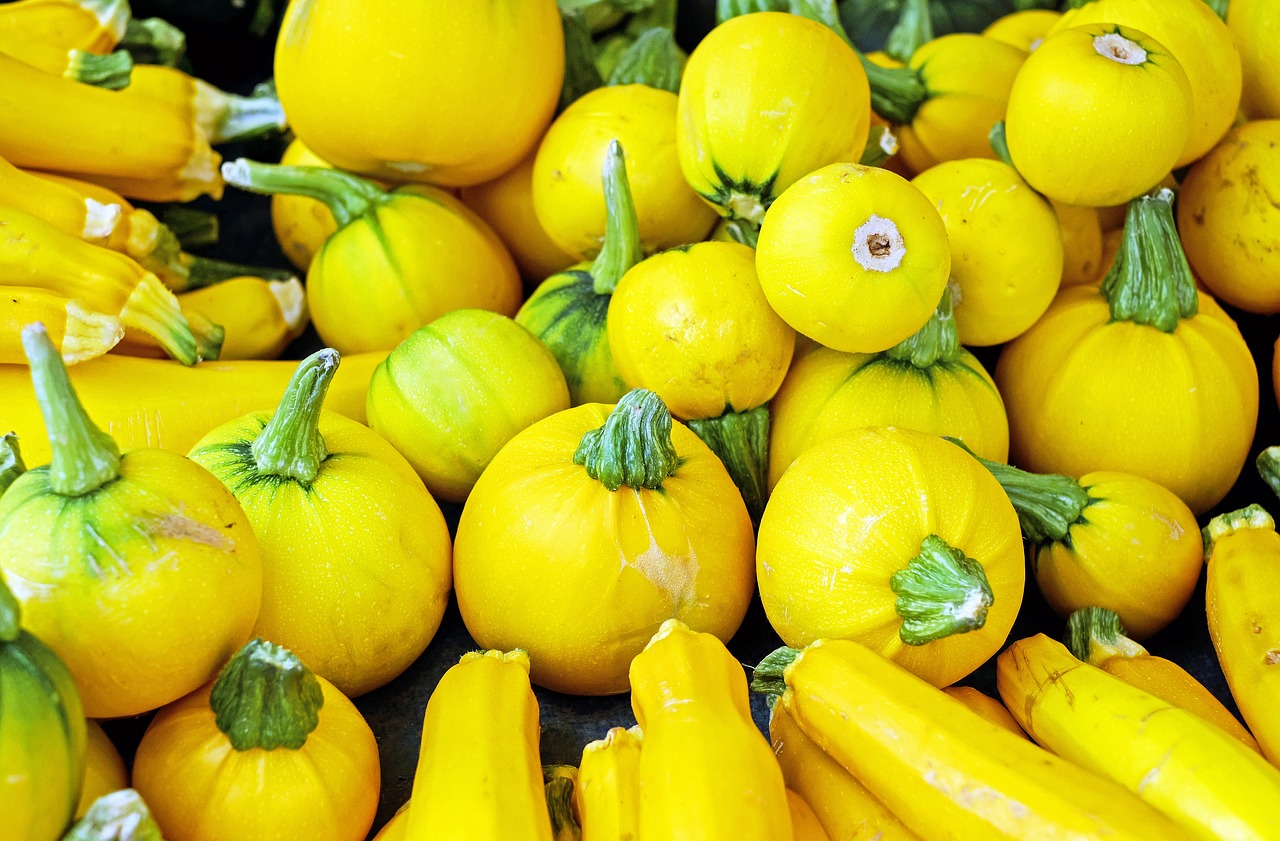The aroma of a simmering pot of soup is universally comforting, and the versatility of vegetarian soups makes them a year-round favorite. From hearty stews packed with vegetables and legumes to light and refreshing broths, vegetarian soups offer a delicious and nutritious way to nourish your body. Whether you’re a seasoned vegetarian or simply looking to incorporate more plant-based meals into your diet, this guide explores the wonderful world of vegetarian soups.
The Nutritional Powerhouse: Benefits of Vegetarian Soups
Vegetarian soups aren’t just delicious; they’re also incredibly good for you. Packed with vitamins, minerals, and fiber, they offer a wealth of health benefits.
Boosting Your Immunity
- Rich in Vitamins: Many vegetables, like carrots, bell peppers, and spinach, are excellent sources of Vitamin A, Vitamin C, and other essential vitamins that strengthen your immune system.
- Antioxidant Power: Ingredients such as tomatoes, kale, and broccoli are loaded with antioxidants, which help protect your cells from damage caused by free radicals.
- Hydration: Soups are primarily liquid, contributing to your daily hydration needs, which is crucial for immune function.
Weight Management and Digestive Health
- High in Fiber: Legumes like lentils and beans, as well as vegetables, are packed with fiber, promoting feelings of fullness and aiding digestion. A study published in the “Journal of Nutrition” found that higher fiber intake is associated with lower body weight.
- Low in Calories: Many vegetarian soup recipes can be easily adapted to be low in calories, making them a great option for weight management. Opt for broth-based soups and load up on vegetables.
- Easy to Digest: The cooking process softens vegetables, making them easier to digest, especially beneficial for individuals with sensitive stomachs.
Heart Health Benefits
- Low in Saturated Fat and Cholesterol: Most vegetarian soups are naturally low in saturated fat and cholesterol, contributing to better heart health.
- Potassium Rich: Ingredients like potatoes, sweet potatoes, and spinach are excellent sources of potassium, which helps regulate blood pressure.
- Reduce Risk of Cardiovascular Diseases: A diet rich in fruits and vegetables, like those found in vegetarian soups, is linked to a lower risk of heart disease.
Essential Ingredients for Flavorful Vegetarian Soups
Creating delicious vegetarian soups requires a well-stocked pantry and a few key ingredients. Let’s explore some staples that will elevate your soup-making game.
The Foundation: Broth and Bases
- Vegetable Broth: The foundation of most vegetarian soups, opt for low-sodium varieties or make your own. Homemade broth provides a richer, more complex flavor.
- Tomato Base: Canned diced tomatoes, tomato paste, or tomato puree can add depth and acidity to your soups. Consider roasting tomatoes for a more intense flavor.
- Coconut Milk: Adds a creamy, exotic touch to soups. Works well in Thai-inspired or curry-based soups. Use full-fat or light coconut milk depending on your calorie preferences.
Vegetables: The Stars of the Show
- Root Vegetables: Carrots, potatoes, sweet potatoes, parsnips, and turnips add heartiness and sweetness. Roasting them before adding them to the soup enhances their flavor.
- Leafy Greens: Spinach, kale, chard, and collard greens provide essential nutrients and a vibrant green color. Add them towards the end of cooking to prevent them from becoming overcooked.
- Alliums: Onions, garlic, leeks, and shallots form the aromatic base of many soups. Sautéing them in olive oil before adding other ingredients releases their flavor.
Flavor Boosters: Herbs, Spices, and More
- Fresh Herbs: Parsley, cilantro, basil, thyme, and rosemary add fresh, vibrant flavors. Add them towards the end of cooking to preserve their aroma.
- Dried Herbs: Bay leaves, oregano, and marjoram offer a more subtle, earthy flavor. Add them at the beginning of cooking to allow their flavors to meld with the other ingredients.
- Spices: Cumin, coriander, chili powder, turmeric, and ginger can add warmth, depth, and complexity to your soups. Experiment with different spice blends to find your favorites.
- Acids: Lemon juice, lime juice, vinegar (balsamic, apple cider), or a splash of dry sherry can brighten up the flavors and add balance to your soup.
- Umami: Soy sauce, miso paste, nutritional yeast, or dried mushrooms can add savory depth and richness to your soup.
Mastering the Art of Vegetarian Soup Making
Creating delicious vegetarian soups is easier than you might think. Follow these tips and tricks to ensure success every time.
Building Flavor Step-by-Step
Thickening Your Soup Naturally
- Puree a Portion: Use an immersion blender or transfer a portion of the soup to a regular blender and puree until smooth. Return the pureed soup to the pot and stir to combine.
- Add Starchy Vegetables: Potatoes, sweet potatoes, or corn can thicken soup as they cook.
- Use Lentils or Beans: Lentils and beans naturally thicken soup as they break down during cooking. Red lentils are especially good for thickening.
- Roux: For a classic thickening method, melt butter in a saucepan, whisk in flour until smooth, and cook for a few minutes. Gradually whisk in warm broth until smooth and thickened. Add to the soup.
Soup Variations and Ideas
- Lentil Soup: A hearty and nutritious soup made with lentils, vegetables, and spices. Add a squeeze of lemon juice at the end for brightness.
- Tomato Soup: A classic comfort food made with tomatoes, herbs, and cream (optional). Serve with grilled cheese sandwiches for a perfect pairing.
- Vegetable Noodle Soup: A comforting and nourishing soup made with a variety of vegetables, noodles, and broth. Add ginger and garlic for a warming effect.
- Curried Butternut Squash Soup: A creamy and flavorful soup made with butternut squash, coconut milk, and curry spices. Garnish with toasted pumpkin seeds and a swirl of coconut cream.
- Minestrone Soup: A hearty Italian soup made with vegetables, beans, pasta, and tomatoes.
Storage and Reheating Tips for Vegetarian Soups
Proper storage and reheating ensure your delicious soup lasts and tastes just as good as the first time.
Storing Your Soup Safely
- Cool Down: Allow the soup to cool to room temperature before storing it in the refrigerator.
- Airtight Containers: Store the soup in airtight containers to prevent it from absorbing odors and flavors from the refrigerator.
- Portion Control: Store the soup in individual portions for easy reheating and portion control.
- Freezing: Vegetarian soups can be frozen for up to 2-3 months. Allow the soup to cool completely before transferring it to freezer-safe containers or bags. Leave some space at the top of the container to allow for expansion.
Reheating Methods
- Stovetop: Reheat the soup in a saucepan over medium heat, stirring occasionally until heated through.
- Microwave: Reheat the soup in a microwave-safe bowl, covered with a microwave-safe lid or plastic wrap. Heat in 1-minute intervals, stirring in between, until heated through.
- Frozen Soup: Thaw frozen soup in the refrigerator overnight or use the defrost setting on your microwave. Reheat using the stovetop or microwave method.
Conclusion
Vegetarian soups are a versatile and delicious way to incorporate more plant-based foods into your diet. With a little creativity and experimentation, you can create a wide variety of flavorful and nutritious soups that will nourish your body and warm your soul. From hearty stews to light broths, the possibilities are endless. So, get in the kitchen, experiment with flavors, and discover your new favorite vegetarian soup!




